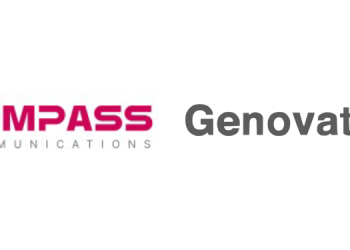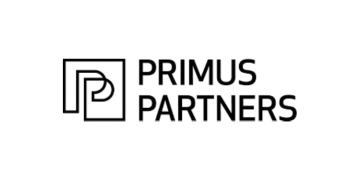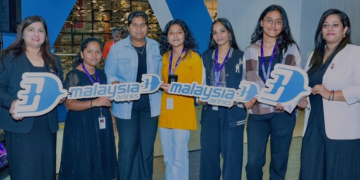The Advertising Standards Council of India (ASCI) released a comprehensive report on advertising in the education technology sector (EdTech) and the impact it has on parents and students. The report aims to decode the challenges and opportunities for EdTech sector advertising. The report also identifies ways in which the sector can shape a more responsible narrative, and move away from opportunistic advertising which many consider problematic.
The EdNext study was undertaken by ASCI with Sprint Studio.ai as the research partner and UNICEF as the knowledge partner. A total of 100 EdTech advertisements across print, TV, digital video and static mediums were analysed by a wide set of stakeholders including parents, students, policymakers, educationists, child development experts, as well as representatives of the industry from the marketing and creative fields. The study was conducted across the cities of Delhi, Bangalore, Indore, Kanpur, Patna, Kolhapur, Warangal and Bardhaman.
The study has shown that advertising plays a significant role in parents’ decision-making process when choosing an EdTech platform. The study revealed that 49% of parents base their choice of platform on advertising. The research found that like traditional education ads, Ed-Tech ads also tend to focus heavily on marks and ranks, and Math and science are the most commonly depicted subjects. Additionally, while 81% of parents trust EdTech ads, 73% felt that the ads depicted high pressure in studies. It was also found that none of the endorsers or role models depicted in the ads were from the academic field, and stereotypes of gender, physical appearances, and mothers’ roles were present in these ads.
On the positive side, the study found that ads featuring parents as supporting partners to students provided positive role models for progressive parenting in 21 out of 23 ads. Furthermore, both parents and experts felt that ads that focused on conceptual learning were progressive and enjoyable.
The EdNext study proposed a framework to elevate the communication around EdTech mindfully. Titled ‘RAISE’, the framework provides stakeholders a set of lenses to evaluate the creatives and develop messages that could be considered more progressive. Following the checklist guide provided in the framework will help marketers and creative experts review concepts at the inception stage of the ad itself.

Manisha Kapoor, CEO and Secretary General, ASCI, said: “EdTech has emerged as a very important sector in recent times, especially in the pandemic era where parents engaged with these companies to supplement their children’s education. Ed-Tech has the ability to solve some fundamental infrastructure and content challenges and revolutionize Indian education. However, given the particular asymmetry between vulnerable parents and students on the one hand, and large organizations on the other, it is critical to ensure that advertising is responsible and does not exploit these vulnerabilities. EdTech advertising has a massive opportunity to build a positive and future-facing narrative, which makes for compelling brand stories that also build confident and multifaceted learners.”

Mayank Kumar, Chair at Indian Ed-tech Consortium, and Co-founder UpGrad said: “The EdNext report shines light on the sheer scale of the EdTech sector and highlights the need for raising the bar on advertising in the industry along with providing a roadmap on how that can be achieved. The report also shows huge acceptance of the benefits of EdTech products by students, parents and teachers. The in-depth research we undertook along with ASCI will help the industry get a clear picture of how the sector can benefit through responsible advertising, which it is already constantly working towards.”

Divya Gokulnath, Co-chair at Indian Ed-tech Consortium and Co-Founder, BYJU’S said: “The EdNext report highlights that almost all parents are appreciative of the ads which show children enjoying the process of learning, which is something we live by, work for, and showcase in our ads. We prioritize building strong and sustainable relationships based on first principles. While it’s natural for advertisers to highlight the best outcomes achieved by their users, the EdTech industry strives to present a balanced picture at all times. As a nascent industry that is constantly evolving, we must adapt in our effort so that we can make learning effective for everyone. This initiative by ASCI will help us design even more responsible and effective ad campaigns as we continue to grow and improve.”
Read the report here.

















